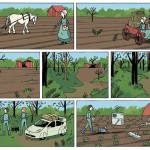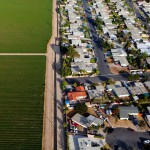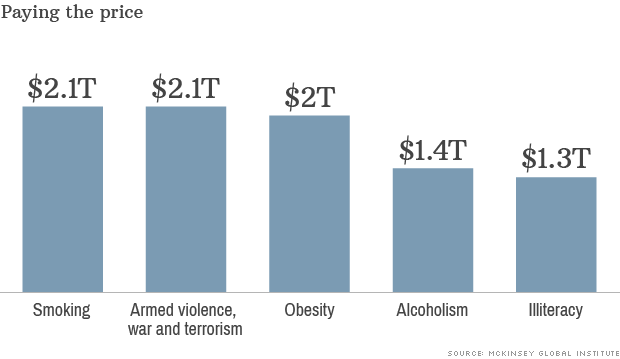Overuse and Depletion – making WATER the new oil
60 Minutes VIDEO: It’s been said that the wars of the 21st century may well be fought over water. The Earth’s population has more than doubled over the last 50 years and the demand for fresh water – to drink and to grow food – has surged along with it. But sources of water like rainfall, rivers, streams, reservoirs, certainly haven’t doubled. So where is all that extra water coming from? More and more, it’s being pumped out of the ground. 15 minute VIDEO that should change your approach
Water experts say groundwater is like a savings account – something you draw on in times of need. But savings accounts need to be replenished, and there is new evidence that so much water is being taken out, much of the world is in danger of a groundwater overdraft.
California is entering its fourth year of a record-breaking drought. Last year was the driest since the state started keeping records more than a hundred years ago. And yet, pay a visit to California’s Central Valley and out of that parched land you’ll see acre upon acre of corn, almond trees, pomegranates, tomatoes, grapes. And what makes them all possible: water. Where do you get water in a drought? You take it out of the savings account: groundwater.
More video: Water crisis on a global stage – China










